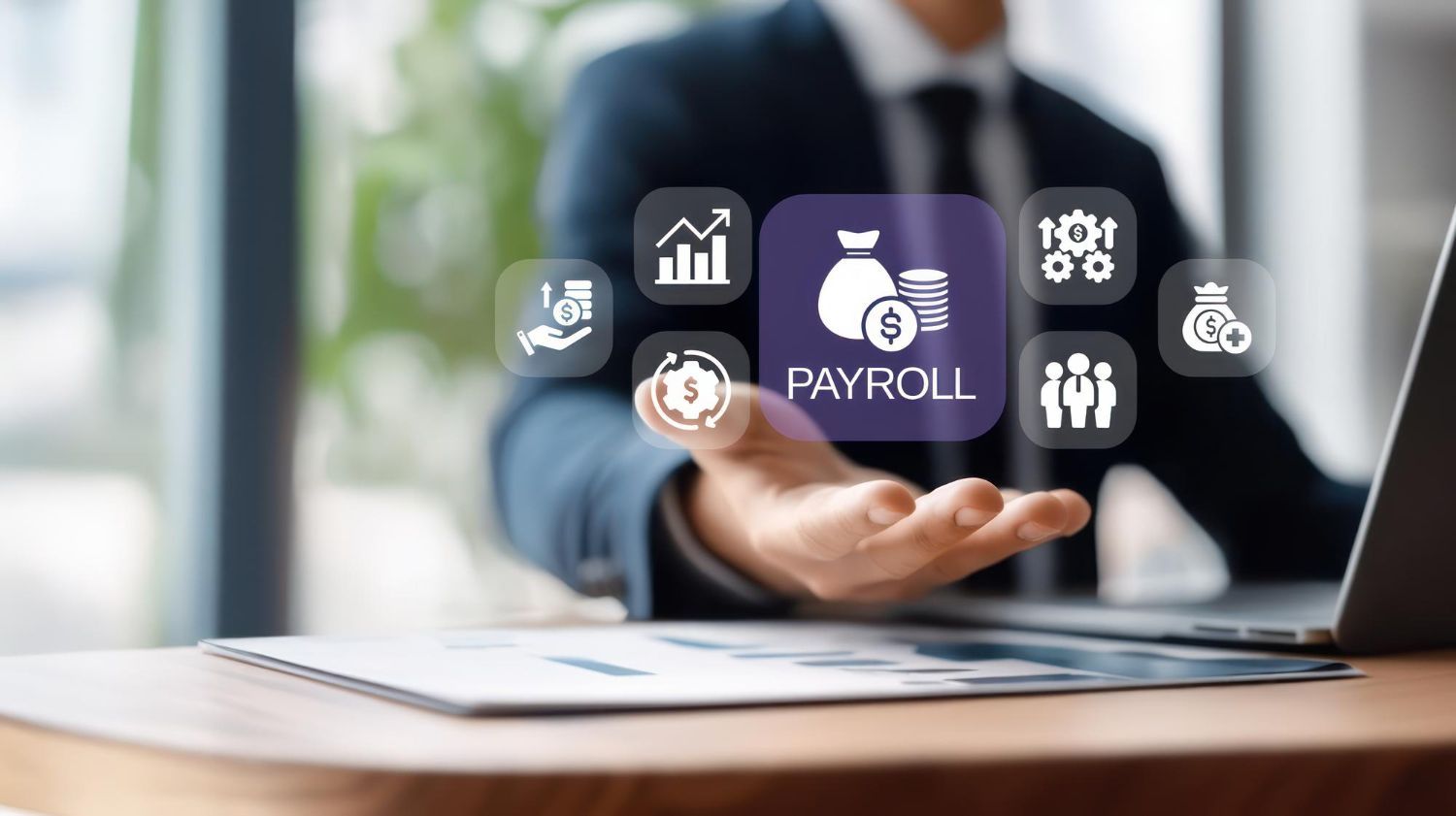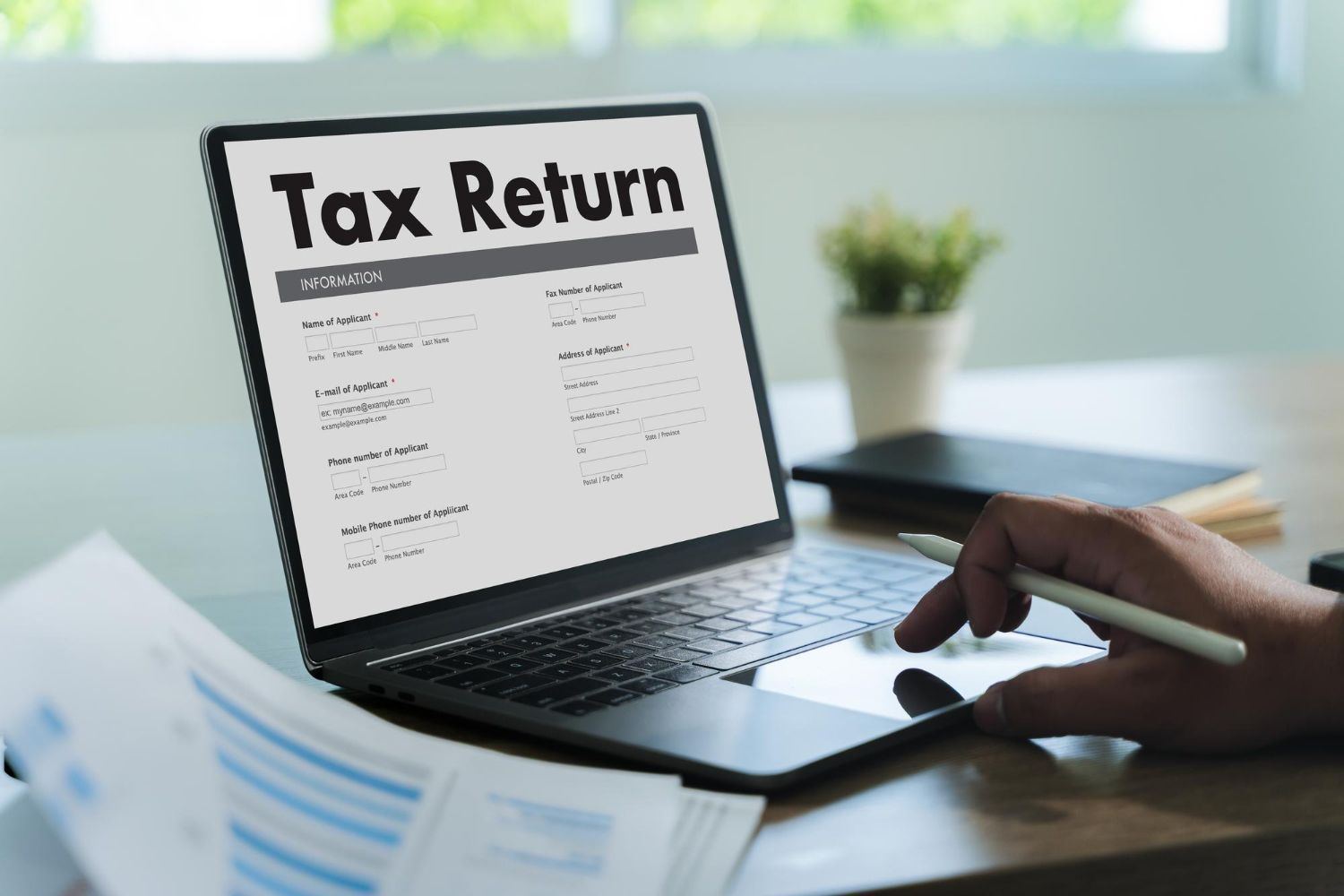. How do I determine whether outsourcing or in-house accounting is right for my business?
The decision between outsourcing and in-house accounting depends on factors such as the size of your business, budget constraints, and the complexity of your accounting needs. Consider your business’s specific requirements and weigh the pros and cons of each option to make an informed decision.
2. What are some key factors to consider when choosing an outsourcing provider for accounting services?
When choosing an outsourcing provider, consider factors such as the provider’s reputation, experience, expertise, and pricing. It’s also important to ensure that the provider complies with relevant regulations and standards and has robust data security measures in place.
3. How can I ensure effective communication with an outsourced accounting provider?
Effective communication with an outsourced accounting provider is crucial for successful collaboration. Establish clear communication channels, set expectations upfront, and schedule regular meetings to discuss progress and address any issues that may arise.
4. Can I switch between outsourcing and in-house accounting if my business needs change?
Yes, businesses can switch between outsourcing and in-house accounting based on their changing needs. However, it’s important to carefully evaluate the implications of such a switch, including costs, training requirements, and the impact on day-to-day operations, to ensure a smooth transition.













